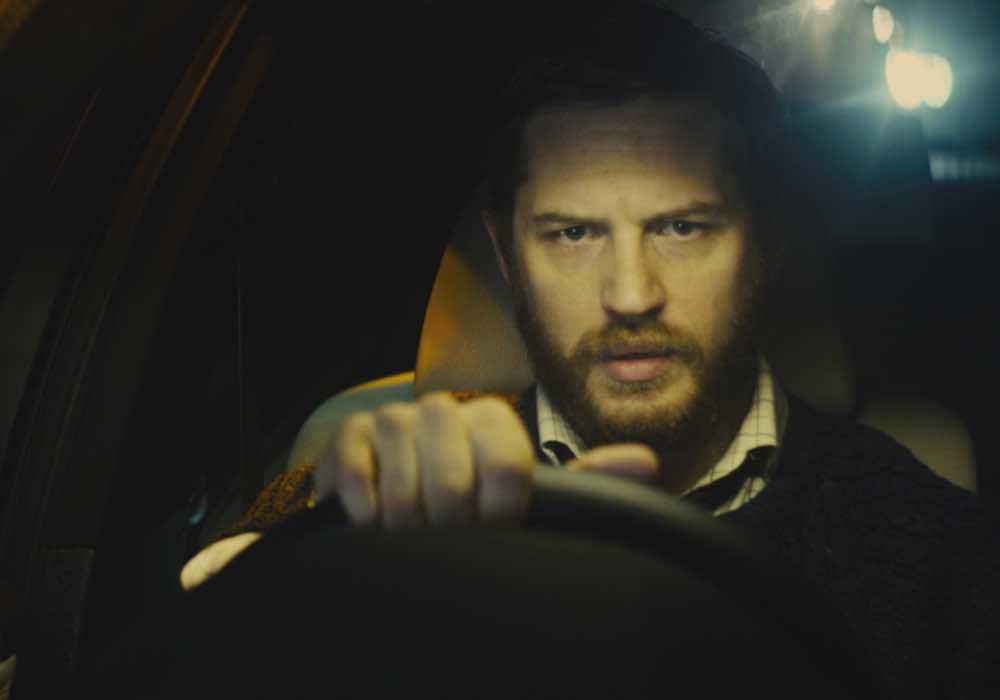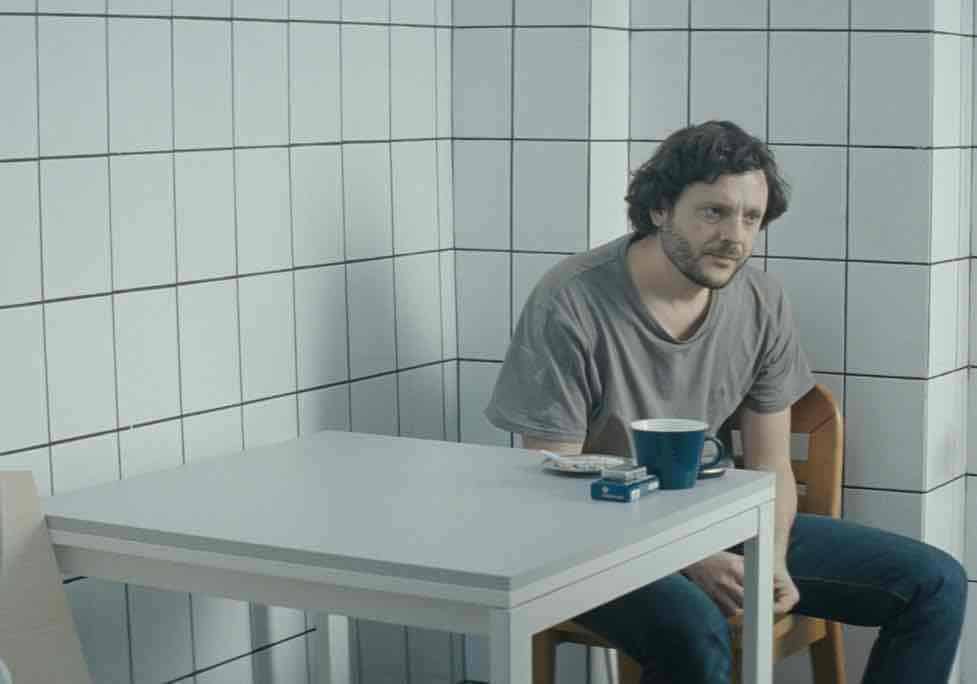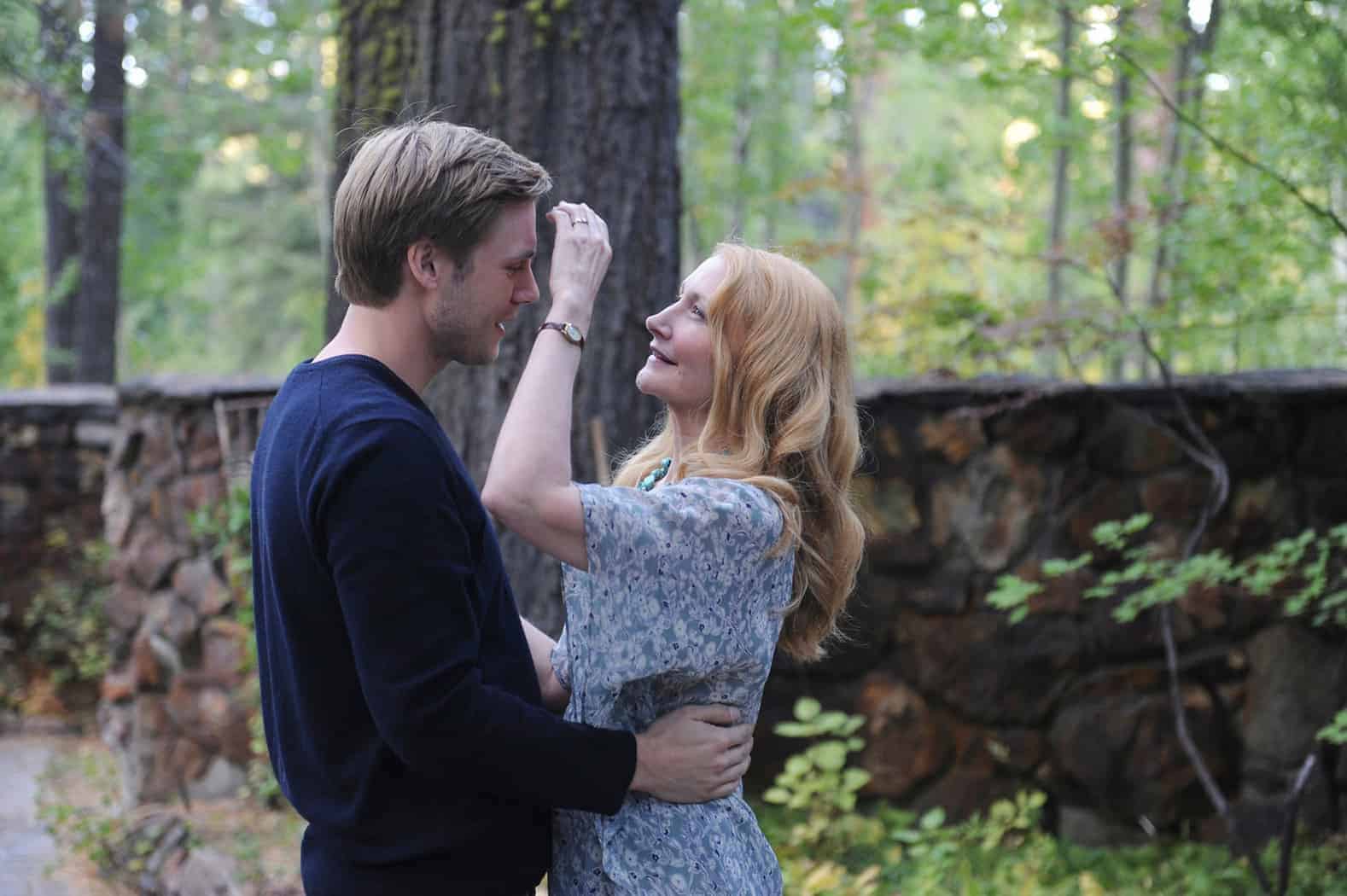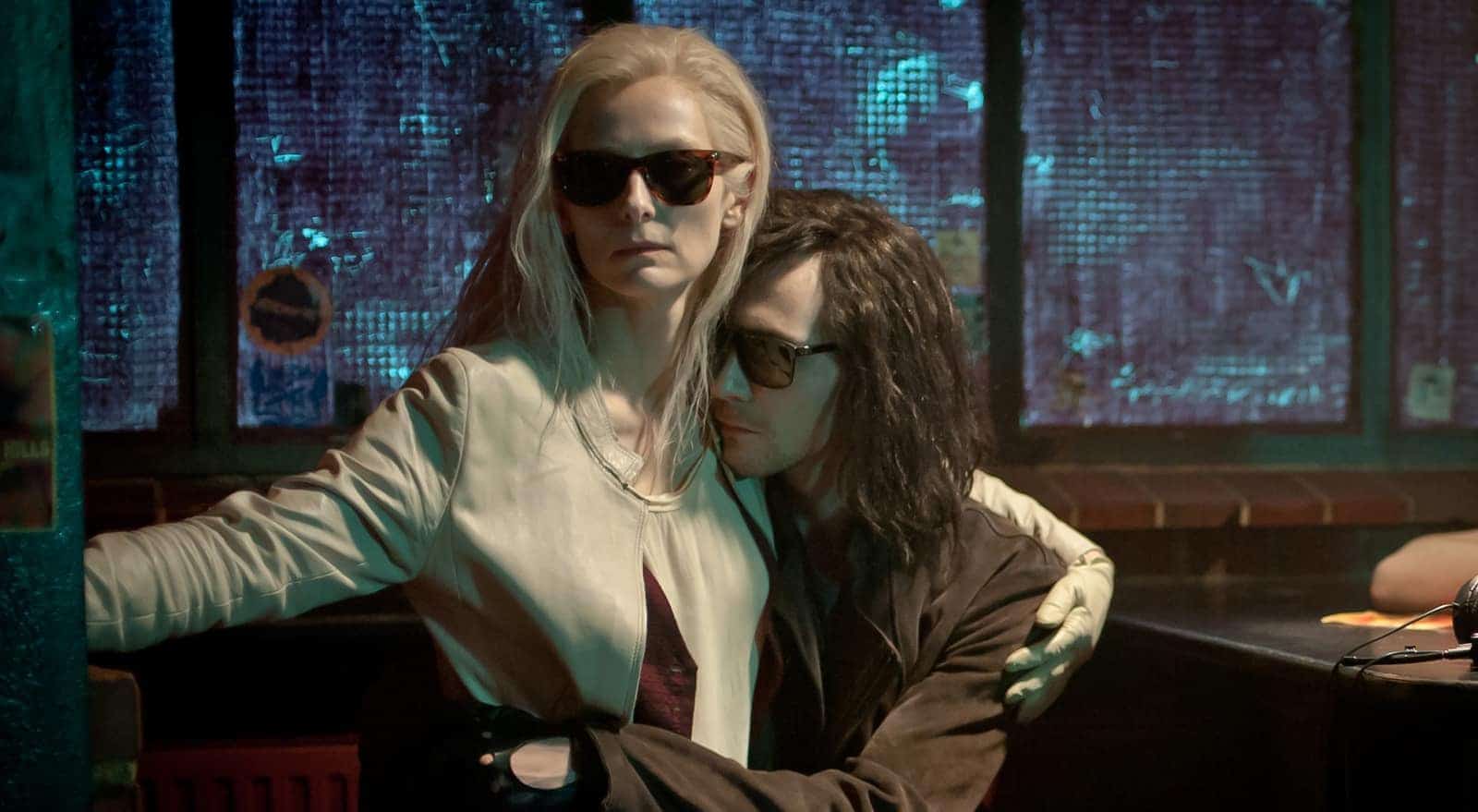Two of my SFIFF favourites, Of Horses and Men and Club Sandwich, have not been picked up for US distribution, but will screen once more at the festival. Catch them on the big screen while you can.
All Articles
Review: Locke takes the road less travelled
When Ivan Locke (Tom Hardy) gets into his BMW and drives away, at the beginning of Locke, he puts his personal and professional lives into crisis. His destination is a hospital in London, about ninety minutes from his construction site, for a personal errand. Going there means taking the road less travelled, a righteous path, […]
SFIFF Day 2: From Romania to Argentina on the big screen
When Evening Falls on Bucharest or Metabolism The best argument for shooting on celluloid in the digital age gets made in the Romanian film When Evening Falls on Bucharest or Metabolism, which screened Friday at SFIFF. In the first scene, Paul (Bogdan Dumitrache), a young director, explains that he prefers film because it has the […]
Hossein Amini’s The Two Faces of January kicks off SFIFF with style
The Two Faces of January kicked off the 2014 San Francisco International Film Festival with style, including a Q&A with writer-director Hossein Amini.
SFIFF capsules: It’s a hard knock life for the rich – Last Weekend and Palo Alto
Two of the San Francisco International Film Festival’s most anticipated films — The Centerpiece Film Palo Alto and the World Premiere of Last Weekend — both deal with the woes of the rich. They’re also made by Hollywood royalty: writer-director Gia Coppola, who directed Palo Alto” is the grand-daughter of director Frances Ford Coppola and […]
Review: Only Lovers Left Alive — vampires ain’t what they used to be
The lovers in Jim Jarmusch’s fantastic film, Only Lovers Left Alive, are Adam (Tom Hiddleston, excellent) and Eve (Tilda Swinton, fine), a sophisticated couple both in love with each other and with art and science. They’re also vampires, but they’re far from the emotionally stunted teenagers that tend to haunt the genre. This pair are […]





